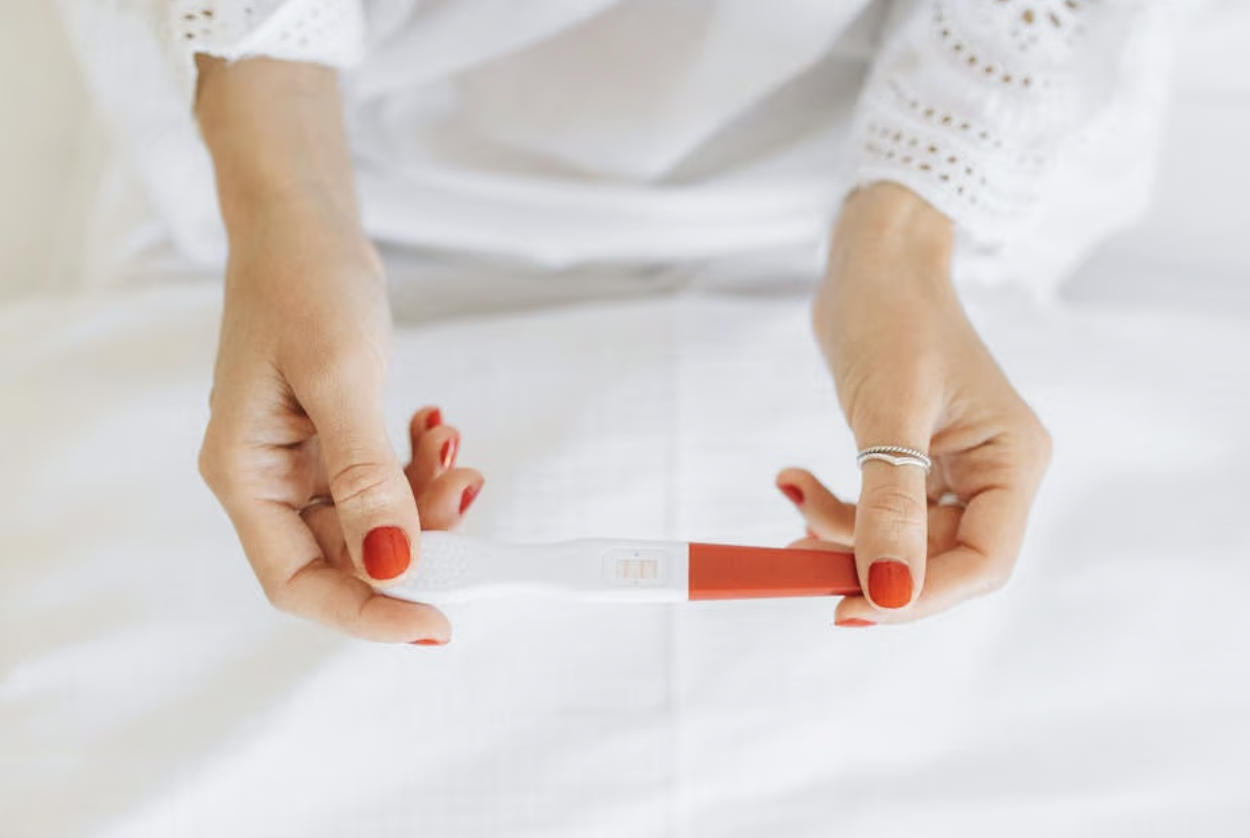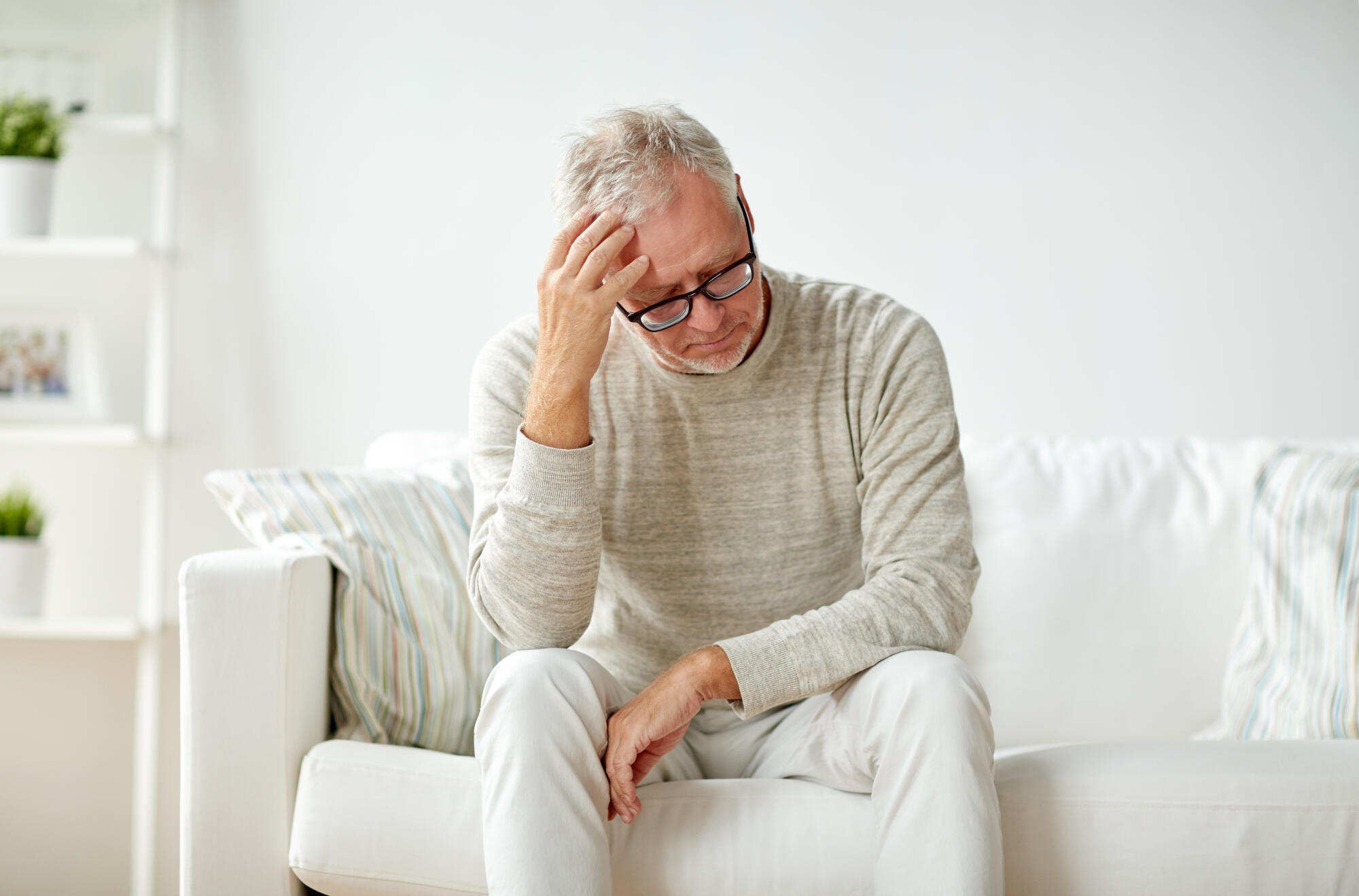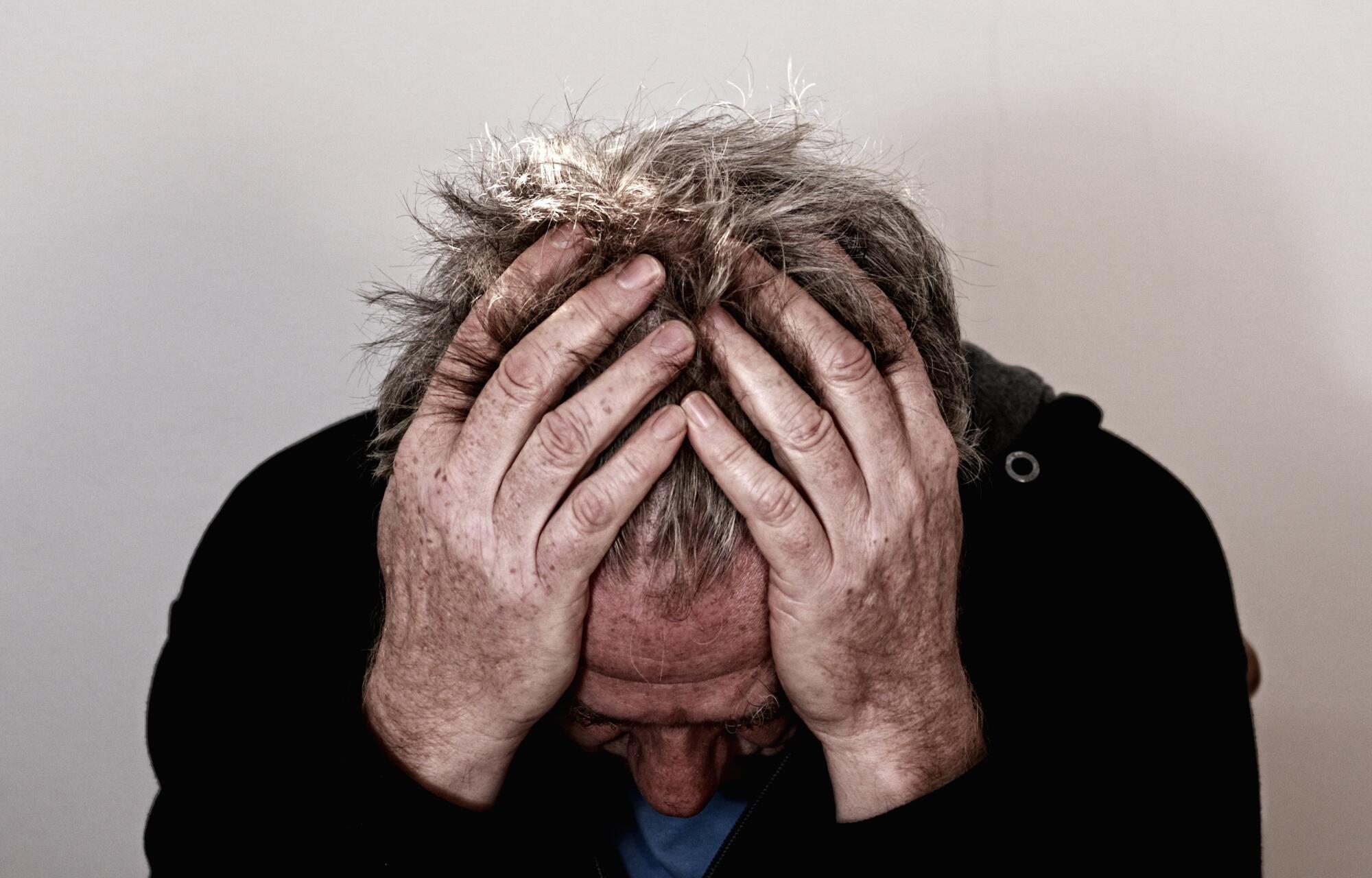
Painful Periods: A Sign of Fertility or Something Else?

You may have experienced painful periods, also known as dysmenorrhea. Many women deal with this issue. But are painful periods a sign of good fertility? Or could they be a sign of something else?
The severity of menstrual cramps can vary a lot between different people. Some women have only mild discomfort, while others experience debilitating pain. Understanding the potential causes of painful periods is important for your health and well-being.
In this article, we’ll explore the common reasons for painful periods. We’ll also look at whether there is a connection between painful periods and fertility. By the end, you’ll have a better idea of when you should see a doctor about your menstrual pain.
Are Painful Periods a Sign of Good Fertility?
There is a common misconception that painful periods are a sign of good reproductive health and increased fertility. However, this is not necessarily the case. While painful periods are a very common experience, they do not directly indicate anything about a woman’s fertility.
In fact, some conditions that can cause painful periods, such as endometriosis, are also associated with infertility. Endometriosis can distort the normal anatomy of the reproductive organs, making it more difficult for fertilization to occur. So painful periods caused by endometriosis may actually be a sign of reduced fertility, not increased fertility.
On the other hand, primary dysmenorrhea is not directly linked to fertility issues. Primary dysmenorrhea is simply painful menstrual cramps without an identifiable underlying cause. This type of menstrual pain does not necessarily mean a woman has any problems with her reproductive health or ability to conceive.
Common Causes of Painful Periods
There are a few different reasons why you may experience painful periods. The most common type is called primary dysmenorrhea. This refers to painful periods without an identifiable underlying cause. Primary dysmenorrhea is often experienced by younger women.
Researchers believe primary dysmenorrhea is caused by the release of certain chemicals called prostaglandins. These chemicals can increase contractions and inflammation in the uterus, leading to cramps and pain. While uncomfortable, primary dysmenorrhea is generally not a sign of a serious health condition.
Endometriosis
Another potential cause of painful periods is a condition called endometriosis. This occurs when the tissue that normally lines the inside of the uterus starts growing outside of the uterus, on other organs. The misplaced tissue acts just like the uterine lining. It thickens, breaks down, and bleeds with each menstrual cycle.
This can lead to severe, debilitating cramps as well as other symptoms like heavy bleeding and pain during sex. Endometriosis is a leading cause of secondary dysmenorrhea, or painful periods due to an underlying medical issue.
Uterine Fibroids
Uterine fibroids are another potential cause of painful, heavy periods. Fibroids are noncancerous growths that develop in the uterus. They are extremely common, affecting up to 80% of women by age 50. Fibroids can vary greatly in size and location within the uterus.
Depending on their size and placement, fibroids may contribute to:
- Increased menstrual flow
- Pelvic pain
- A feeling of pressure or fullness in the abdomen
While fibroids themselves are not cancerous, they can cause significant discomfort and disruption to a woman’s normal menstrual cycle.
Painful Periods and Ovulation
It’s also important to note that painful periods are not the same as painful ovulation, which can sometimes be confused as the same thing. Ovulation pain, known as mittelschmerz, is a different type of discomfort that occurs around the time of ovulation in the middle of the menstrual cycle. While ovulation pain may be a sign of fertility, painful periods are not.
Ovulation pain is caused by the release of the egg from the ovary and the associated fluid and blood that can irritate the surrounding tissues. This pain is generally mild and short-lived. Lasting from a few minutes to a couple of days.
Managing Painful Periods
If you experience painful periods, several remedies and treatments can help provide relief. Over-the-counter pain medications have been shown to reduce menstrual cramps and inflammation. Taking these medications at the first sign of period pain, rather than waiting until the pain is severe, can be more effective.
Applying a heating pad or hot water bottle to your lower abdomen can also help soothe cramps. The warmth helps relax the uterine muscles and improve blood flow. Some women find that gentle exercises, such as walking or light yoga, can also alleviate period pain by releasing endorphins and improving circulation.
For women with more severe or persistent menstrual pain, prescription medications may be necessary. Birth control pills, for example, can help regulate hormone levels and reduce the production of prostaglandins that contribute to cramps. In cases of endometriosis or uterine fibroids, hormonal treatments or even surgery may be recommended to address the underlying condition.
When to See a Doctor About Painful Period Cramps
If you’re experiencing severe menstrual cramps that significantly interfere with your daily life, it’s important to consult with a doctor. Painful periods that are so severe they prevent you from going to work, school, or participating in normal activities are not something you should have to endure.
Your doctor can help determine the underlying cause of your painful periods and provide appropriate treatment. This may involve pelvic exams or imaging scans to look for conditions like endometriosis or uterine fibroids.
Once the cause is identified, your doctor can recommend the best course of action. This includes things like medication, lifestyle changes, or even surgery in some cases.
It’s important not to dismiss painful periods as a normal part of the menstrual cycle that you have to just “deal with”. While cramps and discomfort are common, you shouldn’t have to suffer from excruciating pain every month. Being proactive about your reproductive health and seeking medical attention can make a big difference in managing painful periods.
Managing Painful Menstruation With Kiwi
So are painful periods a sign of good fertility? Generally, no. Painful periods are a common experience for many women. But with the right treatment and management, you can find relief and take care of your reproductive health.
If you’re looking for high-quality health products to help manage your menstrual symptoms, Kiwi can help. We help women like you all around the world access top-quality health products at affordable prices. Browse our selection of women’s health products to get started.
Related Posts

